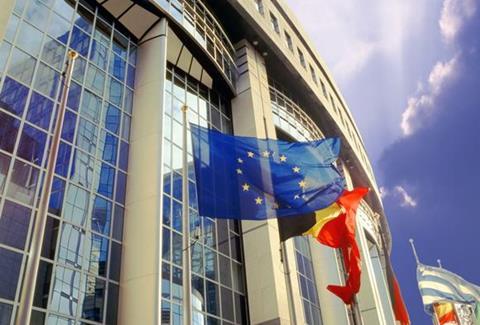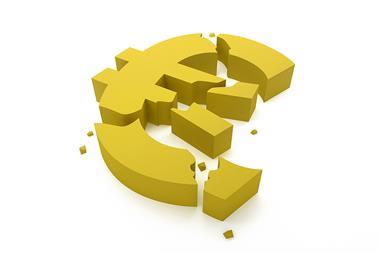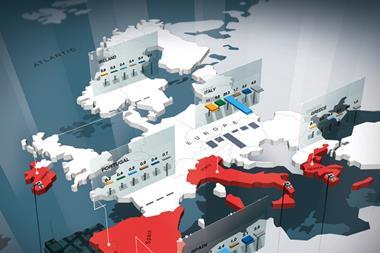Criticisms of Europe’s bailout fund are getting louder and fears around the state of the eurozone are increasing

Trust in the effectiveness of the European Financial Stability Fund is falling away ever since the G20 meeting in November failed to offer any new specifics.
The EU’s ability to rescue the eurozone by gearing up the bailout package is built on “unsound foundations”, claimed Exclusive Analysis.
Europe’s bailout fund is facing a lot of pressure and the threat remains that it will soon be overwhelmed by the need to rescue a large member of the PIIGS (Portugal, Ireland, Italy, Greece, Spain).
Countries in Europe have committed to provide €1 trillion to bailout troubled sovereigns. But risk analysts at Stratfor figure that Europe actually needs at least €2 trillion to sort out the mess.
With the threat of a large eurozone country collapsing European leaders will soon be left with few choices, predicted Exclusive Analysis.
One option could be to rely on the International Monetary Fund to contribute to Europe’s rescue. This could lead to the emerging market economies (the BRICS) demanding tougher conditions on rescued countries.
To add to the fears, PricewaterhouseCoopers pointed out that European banks are in a precarious state.
“European banks are trading at a discount of €500bn to the value of their net assets,” warned PwC’s head of the financial services valuations Nick Rea. “Even if European leaders can avert the crisis, banks will need to demonstrate that they can achieve sustainable returns in the teens before this discount disapears.”
Under the burden of regulations this could be difficult to achieve, he said. “We think it unlikely that European bank valuations will return to their pre financial crisis levels for three to five years.”












![Luke Carrivick[48] (1) (1)](https://d9x705hv73pny.cloudfront.net/Pictures/380x253/3/0/0/120300_lukecarrivick4811_802954.jpg)







No comments yet